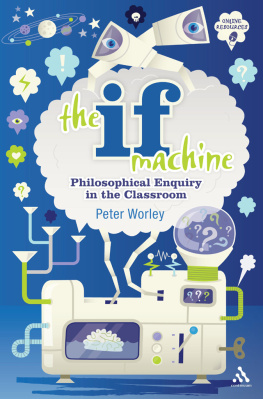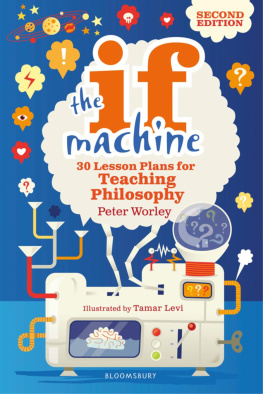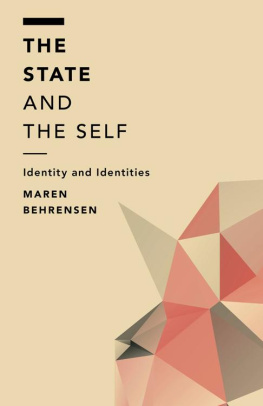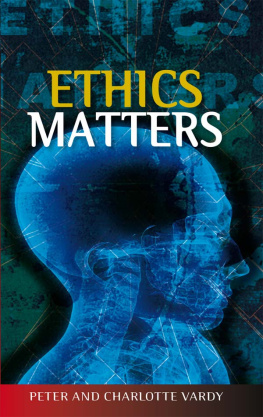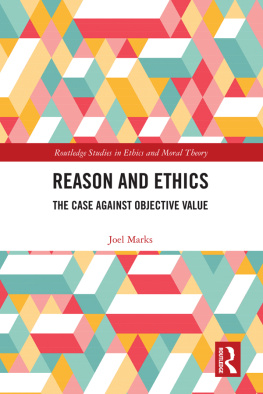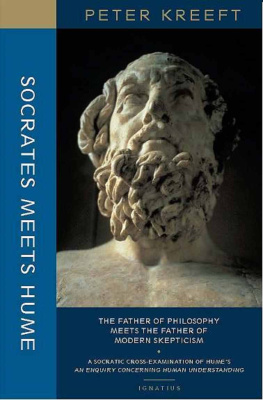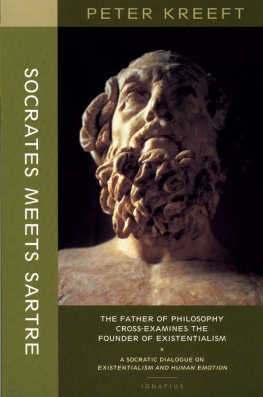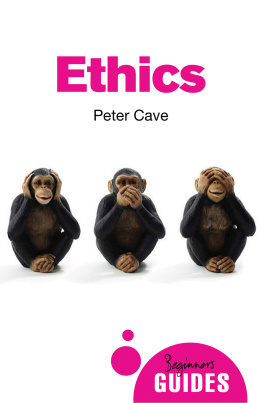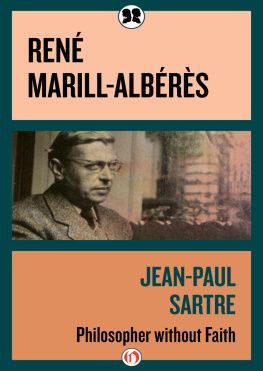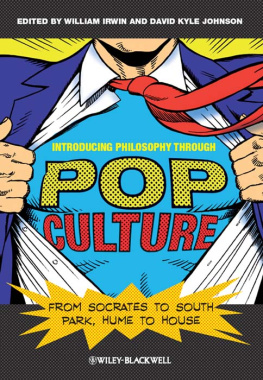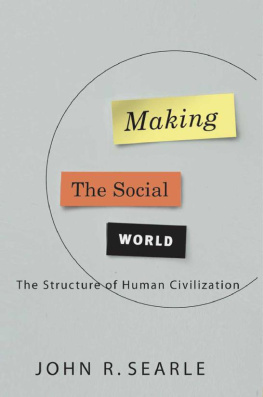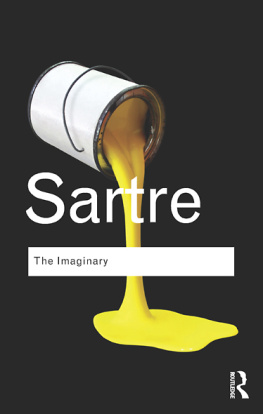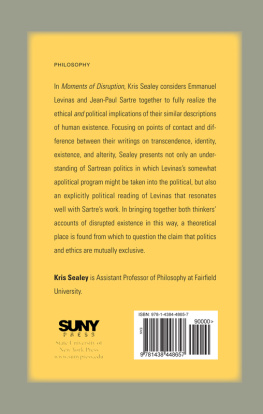Peter Worley - The If Machine
Here you can read online Peter Worley - The If Machine full text of the book (entire story) in english for free. Download pdf and epub, get meaning, cover and reviews about this ebook. year: 2016, publisher: Bloomsbury Publishing, genre: Children. Description of the work, (preface) as well as reviews are available. Best literature library LitArk.com created for fans of good reading and offers a wide selection of genres:
Romance novel
Science fiction
Adventure
Detective
Science
History
Home and family
Prose
Art
Politics
Computer
Non-fiction
Religion
Business
Children
Humor
Choose a favorite category and find really read worthwhile books. Enjoy immersion in the world of imagination, feel the emotions of the characters or learn something new for yourself, make an fascinating discovery.
- Book:The If Machine
- Author:
- Publisher:Bloomsbury Publishing
- Genre:
- Year:2016
- Rating:4 / 5
- Favourites:Add to favourites
- Your mark:
- 80
- 1
- 2
- 3
- 4
- 5
The If Machine: summary, description and annotation
We offer to read an annotation, description, summary or preface (depends on what the author of the book "The If Machine" wrote himself). If you haven't found the necessary information about the book — write in the comments, we will try to find it.
The If Machine — read online for free the complete book (whole text) full work
Below is the text of the book, divided by pages. System saving the place of the last page read, allows you to conveniently read the book "The If Machine" online for free, without having to search again every time where you left off. Put a bookmark, and you can go to the page where you finished reading at any time.
Font size:
Interval:
Bookmark:
Also available from Bloomsbury
100 Ideas for Developing Thinking in the Primary School, Fred Sedgwick
But Why?, Sara Stanley & Steve Bowkett
Teaching Thinking 3rd edition, Robert Fisher

First published 2011 by Continuum International Publishing Group
Reprinted 2011, 2012 (twice), 2013 by Bloomsbury Education
an imprint of Bloomsbury Publishing Plc
50 Bedford Square, London W1B 3DP
www.bloomsbury.com
ISBN: 978-1-4411-5583-2 (paperback)
Peter Worley 2011
Illustrations Tamar Levi 2011
A CIP record for this publication is available from the British Library.
All rights reserved. No part of this publication may be reproduced in any form or by any means graphic, electronic, or mechanical, including photocopying, recording, taping or information storage or retrieval systems without the prior permission in writing of the publishers.
Typeset by Fakenham Prepress Solutions, Fakenham, Norfolk, NR21 8NN
This book is produced using paper that is made from wood grown in managed, sustainable forests. It is natural, renewable and recyclable. The logging and manufacturing processes conform to the environmental regulations of the country of origin.
For my parents Ian, Lorraine, and my parents-in-law, Chris and Jocelyn whose support, at different times, has been invaluable.
Education to independence demands that young people should be accustomed early to consult their own sense of propriety and their own reason.
G.W.F Hegel (17701831)
Acknowledgements
I would like to thank the following people for their help and assistance in completing this book
My editor at Continuum, Melanie Wilson, whose advice has been invaluable in this, my first attempt at writing a book. Thank you to Tamar Levi for her close reading of the text and her accompanying advice on everything from grammar and format to style. I would also like to thank Tamar for the lovely illustrations that pepper the pages. Thanks go to Julie Odege, Amanda Crook and Annette Gordon at John Ball Primary School for each casting their teachers eyes over the manuscript and to Oliver Leech for his eyes: one philosophers eye and one teachers eye. A big thank you to the schools, head teachers, teachers and children with whom I work for giving me the opportunity to test and develop all these sessions and particularly to the children for finding the holes I failed to see. Thank you to all the consultants at The Philosophy Shop and especially to Robert Torrington and Ruth Oswald for their ideas in Republic Island and to Andrew Day and Miriam Cohen for general feedback on the sessions themselves. I would like to thank head teacher Kathy Palmer for encouraging and allowing me to try out the philosophy idea in the school right at the beginning and for taking me in as a staff member of Eliot Bank School. Finally, I would like to thank my wife Emma for all her incredible work for The Philosophy Shop, for the book and for me. In all respects she is quite simply my sine qua non.
Preface
This is a book with a split personality. Is it a method or is it a classroom resource? In the end I have had to concede that it is a mixture of the two. There has to be some explanation before one can commence with the sessions but, given the time teachers have for ploughing through pages of theory and text, I have had to compromise on the extent to which this is a method while trying to retain what Aristotle would call the essential features. For this reason I have tried to sneak the method upon the reader with the use of boxes to introduce techniques and hints during the preparation for each session. The genesis of the book itself has been highly collaborative with the children and with their keen analytic faculties they have often, during the process of taking part in a session, helped me to sharpen some of the questions. For example, in the story The Prince and the Pig the Princes wish was, originally, I wish I was a pig, then I would be happy. One of the children (aged 7) pointed out that: Just being a pig doesnt mean that he would be happy. In other words, and in more pompous language, it does not necessarily follow that a pig will be happy by virtue of being a pig. As a result of this perceptive remark I changed the wish to I wish I was a happy pig. There are many other such examples and I am sure there are some that have not yet been detected by my unofficial proofreaders. But this does provide a wonderful example of the level of thinking of which primary school children are capable.
Doing philosophy and the accompanying thinking that this entails is like entering a maze, and at various times in this book I have used this metaphor to illustrate what the role of the facilitator involves. In the Ancient Greek myth Theseus and the Minotaur, Ariadne helps Theseus defeat the Minotaur and escape from the maze by leaving him a thread. There are two important features of this metaphor that are relevant to the facilitators role. First, Ariadne enables him to keep track of where he has come from even though the maze is complex, and second she is not present while he navigates the maze. Though she provides the tools he has to do the rest himself. With regard to facilitation, these two themes of navigation and absence are the ide fixes of this book and I would urge you to keep them in mind at all times while you read the book. Keep asking yourself these questions: Am I too involved in the discussion?. Do the children know where they are in the discussion?. How can I facilitate greater understanding without telling them? General warning signs are: if they know what you think or if you are telling them what they think then you need to rethink. On that note I shall leave you with this: heed this advice from one of the (lamentably) only two women mentioned in this book.
Table of Sessions
Star Ratings
* Easy
** Moderate
*** More difficult
The star ratings are here to give you a guide as to the difficulty level of the session. This is not necessarily age related. For example, The Ceebie Stories can all be used with children aged 7 and upwards, but some of the sessions will be more challenging than others. The key to dealing with challenging sessions is clarity of presentation. Make sure that you are familiar with the sessions and that you understand them yourself. Do not be afraid to try a more difficult session with your class: you will often find that your class surprise you.
Age: 7<
Star rating:**
Themes:
Things and what they are to us
Perception
Points of view
Names and referring terms
Age: 9<
Star rating:**
Themes:
Purpose and design Existentialism
God and religion Value
Age: 8<
Star rating:*
Themes:
Change
Arguments
Identity
Necessary and sufficient
conditions
Rivers and water cycles
Age : 7<
Star rating:*
Themes:
Group decision-making
Politics
Fairness
Rules
Society
Citizenship
Islands
Age: 8<
Star rating:**
Themes:
Power
Doing good
Moral responsibility
Age: 511
Star rating:*
Themes:
Happiness
Next pageFont size:
Interval:
Bookmark:
Similar books «The If Machine»
Look at similar books to The If Machine. We have selected literature similar in name and meaning in the hope of providing readers with more options to find new, interesting, not yet read works.
Discussion, reviews of the book The If Machine and just readers' own opinions. Leave your comments, write what you think about the work, its meaning or the main characters. Specify what exactly you liked and what you didn't like, and why you think so.

